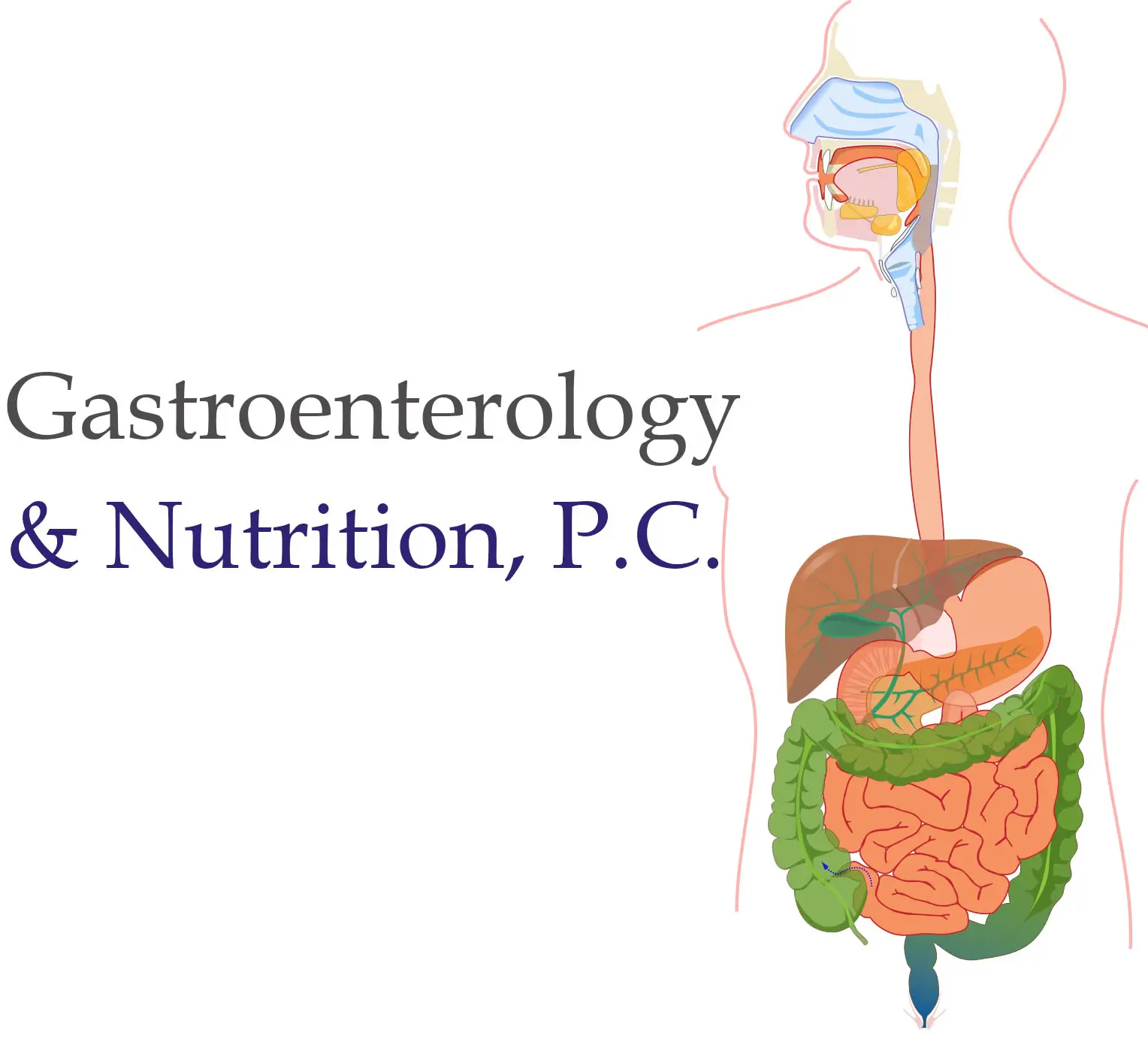An upper endoscopy is a vital medical procedure that allows doctors to examine the upper part of the gastrointestinal (GI) tract. This procedure is essential for diagnosing, evaluating, and treating various GI conditions. Understanding the benefits and purpose of an upper endoscopy will help you understand how it can diagnose and treat gastrointestinal conditions.
Why do you need an upper endoscopy?
There are many reasons why you may need to undergo an upper endoscopy. Dr. Yuriy Israel from Gastroenterology and Nutrition, P.C. says, “An upper endoscopy is a very useful tool to figure out what is going on in your upper GI tract. Abdominal pain, chronic heartburn, difficulty swallowing, chronic reflux, vomiting blood, or black stools are some of the reasons to perform an upper endoscopy.” Here are the purposes of an upper endoscopy:
Diagnostic Purposes
Upper endoscopy can be a great tool for identifying various gastrointestinal conditions, including peptic ulcers, celiac disease, and infections like Helicobacter pylori. Additionally, it allows for the early detection and biopsy of suspicious areas that could indicate esophageal, stomach, or duodenal cancer.
Evaluating Symptoms
This procedure helps evaluate unexplained or persistent symptoms such as abdominal pain, chronic nausea, vomiting, and difficulty swallowing. It can also pinpoint the source of upper GI bleeding, such as ulcers or varices, and investigate significant, unexplained weight loss to address any underlying conditions.
Therapeutic Purposes
Upper endoscopy allows for immediate therapeutic interventions. If active GI bleeding is detected, cauterization or clipping can be done immediately to control the bleeding. It can also dilate strictures to improve swallowing and remove polyps or foreign bodies from the upper GI tract.
Monitoring and Surveillance
This procedure is vital for monitoring different gastrointestinal conditions to detect changes that might increase cancer risk. It also helps to assess progression and treatment effectiveness for ulcers, gastritis, or inflammatory bowel disease.
Benefits of Upper Endoscopy
Upper endoscopy offers advantages that make it a valuable tool in modern medicine. Here are some of the key benefits of an upper endoscopy:
Accurate Diagnosis: Upper endoscopy provides an accurate diagnosis with direct visualization of the upper gastrointestinal tract. The high-resolution images obtained through the endoscope can reveal abnormalities and identify conditions like ulcers, tumors, and inflammation.
Early Detection: Early detection is particularly important for gastrointestinal conditions such as Barrett’s esophagus, intestinal metaplasia, and gastric malignancy. Early intervention with the help of upper endoscopy can significantly improve the prognosis of these conditions. By identifying precancerous conditions, healthcare providers can also implement preventive strategies to reduce cancer risk.
Minimally Invasive: Upper endoscopy is a minimally invasive procedure compared to surgical alternatives. It involves the use of a flexible endoscope, which is gently inserted through the mouth. This minimally invasive nature means shorter recovery times, less discomfort, and a lower risk of complications.
Immediate Treatment Options: One of the unique advantages of upper endoscopy is the ability to perform other interventions during the procedure. For instance, if a bleeding ulcer or polyp is detected, it can often be treated immediately during endoscopy.
How do I get ready for an upper GI endoscopy?
Preparing for an upper GI endoscopy involves several important steps to ensure the procedure goes smoothly and effectively. Here’s how to get ready:
1. Fasting: You will need to fast for at least 8 hours before the procedure. This means no eating or drinking, including water. An empty stomach is crucial for a clear view during the endoscopy.
2. Medication Adjustments: Inform your doctor about all the medications, vitamins, and supplements you are taking. Your doctor may advise you to adjust or stop certain medications, particularly blood thinners, anti-inflammatory drugs, or diabetes medications, a few days before the procedure.
3. Medical History: Provide a complete medical history to your doctor, including any allergies, previous surgeries, and existing medical conditions. This information helps your healthcare team prepare properly and manage any potential risks.
4. Follow Specific Instructions: Your healthcare provider may give you specific instructions tailored to your health condition. This could include stopping certain foods or drinks the day before if necessary. Make sure to follow these instructions closely.
5. Aftercare Plan: Discuss the aftercare plan with your doctor. This includes understanding any dietary restrictions, activity limitations, and signs of potential complications to watch for after the procedure.
Gastroenterology and Nutrition, P.C.: Comprehensive Gastrointestinal Care
At Gastroenterology and Nutrition, P.C., we are prepared with the most experienced gastroenterologists and modern technologies for all your gastrointestinal health needs. Our experts specialize in endoscopies and colonoscopies essential for diagnosing and treating any gastrointestinal issues.
If you’re dealing with any gastrointestinal issues, contact Gastroenterology and Nutrition, P.C. today at 718-261-0900 and book your consultation. Your digestive health is our priority!
Disclaimer: The information above provides a general overview of the importance of an upper endoscopy, and it is not intended as medical advice. For specific guidance regarding your health, symptoms, or treatment options, please consult a qualified gastroenterologist.





